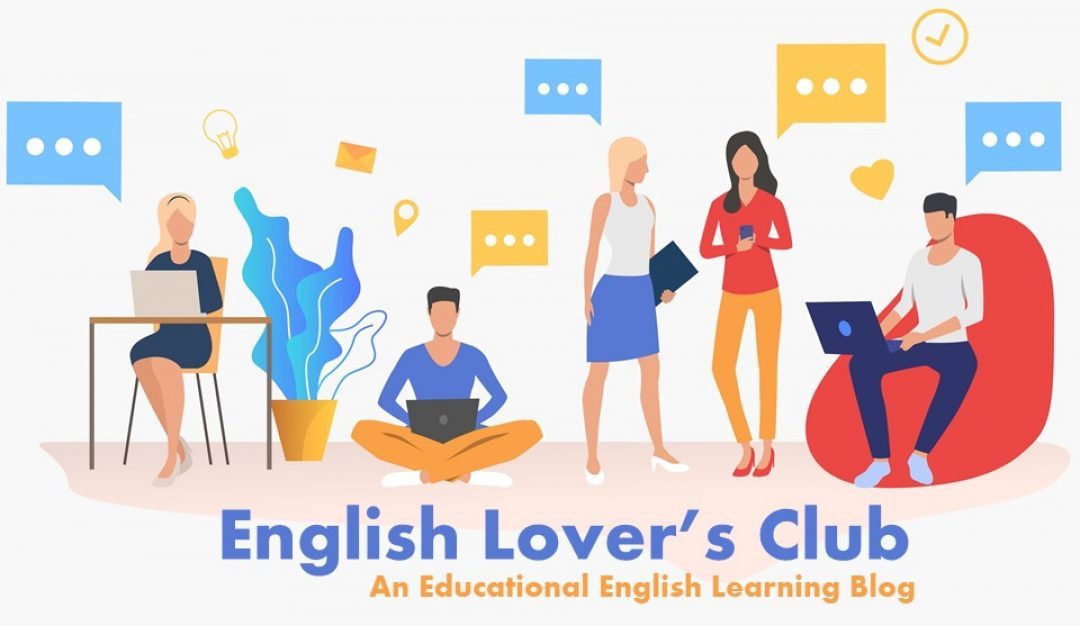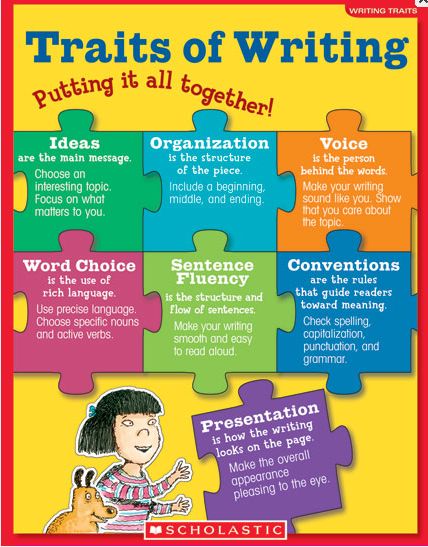‘Tell me and I forget. Teach me and I remember. Involve me and I learn.’
–Benjamin Franklin
Being proficient in a foreign language implies mastering 4 key skills which are: written and oral communication as well as written and oral comprehension. We would like to focus on the written communication and the oral comprehension today. Eventhough nowadays most of our students get lots of English input from the social media, videogames and the film industry, they still find it hard to overcome some of the existing problems when completing a listening task properly. Our English language teenage learners basically claim they “do not understand a single thing” (which is by all means untrue), they also complain that the speakers accents are really tough to grasp or that speakers talk too fast. Consequently, some of them give up and many end up turning their back on listening comprehension and thus making no effort at all. The same goes for the written interaction. Some students are used to apply digital translators to accomplish their tasks. This is undeniably an invalid and mistaken strategy as long as our students aim is to become succesfully autonomous at expressing their thoughts in written English.
Since one of the goals of our foreign languages department is to polish up these difficulties and to improve them too, we have established different methodologies so as to help them out:
1- We have designed written and listening guidelines for our students to use autonomously and at their own pace both in class and at home. You can download them below.
2- The listening and written tasks will be carried out in class, not at home, whenever it is possible, so as to foster their autonomy and to hamper them from using any external help. We also intend to accustom them to use the English they know and avoid dictionaries as far as possible. It is desirable that they start writing simple sentences rather than copycat ellaborated and difficult ones. When one creates their own texts, these remain in the brain longer because they come straight from one’s creative soul and life-learning experience. Besides, the teacher will guide them so that they are eventually used to naturally apply the adequate techniques to boost their own listening and writing skills.
3- We will enhance and strengthen these skills by using authentic material in class, like news programmes, real resources adapted to their age like BBC teens and a bunch of written games in class basically devoted to promote their creativity and their English command.
We are convinced that our Monstuar’s students will surely benefit from all these learning strategies and procedures intended to build up their written communication and oral comprehension as well as to help them gain self-confidence and autonomy.



